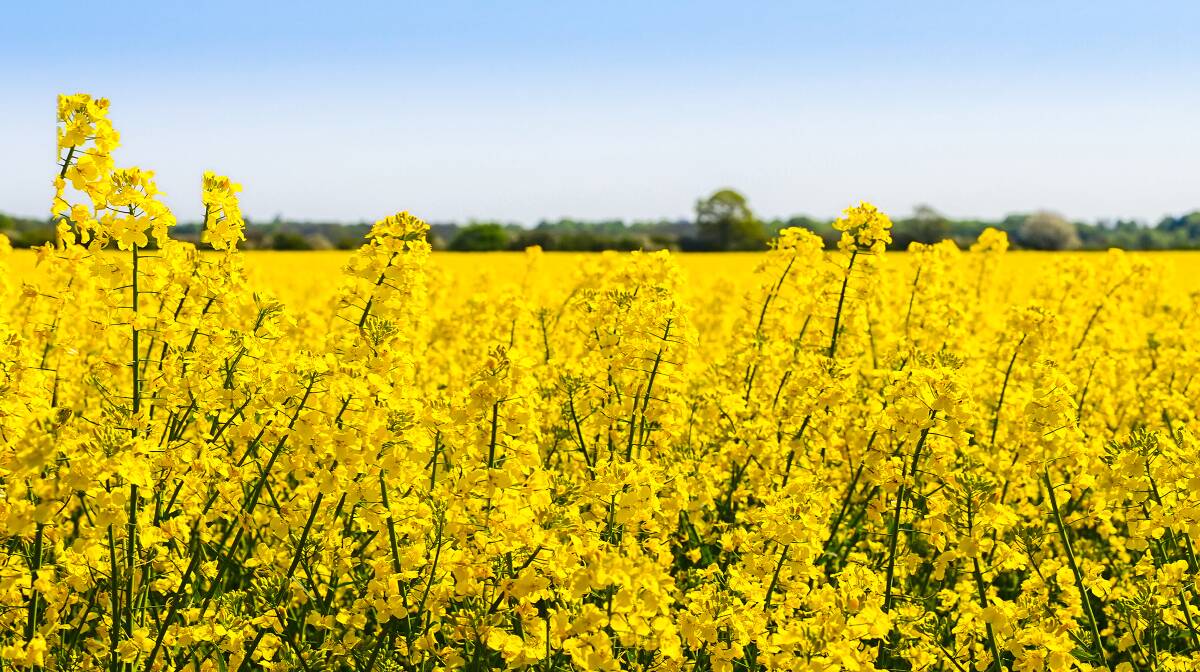Decluttering the carbon farming conversation

This is branded content for Rabobank
Agriculture is in the spotlight as an industry with enormous potential to contribute to, and capitalise from, reducing its carbon footprint - yet for our farmers on the ground, the public advice can be overwhelming and potentially confusing.
Carbon Farming and Carbon Neutral Agriculture Workshops
Rabobank is hosting a nation-wide suite of Carbon Farming and Carbon Neutral Agriculture Workshops across regional Australia, with the latest workshop hosted in Perth in August.
The workshop was attended by producers from the WA cropping sector together with Rabobank staff.
Crawford Taylor, Rabobank Head of Sustainable Business Development, said "There is plenty of discussion around the agricultural industry's ability to sell carbon credits to other industries for diversification of farm income, or whether producers should focus on their own carbon emissions. Our clients are curious as to how they fit in."
"Before farmers consider their options, a thorough understanding of their greenhouse gas emissions is key, and strategically imperative for a farm business."
The workshops offered attendees - armed with their own detailed on-farm data - to measure their carbon emissions footprint using the Greenhouse Accounting Framework developed by the University of Melbourne.
"Farms are a source of emissions, whether it's through livestock or cropping, and they can also sequester and be a sink for carbon through vegetation."
"Using the carbon calculator enabled producers to obtain an understanding of where they sit," Crawford explains. "Feedback from the workshop had been extremely positive."
Moving forward, together
The collaboration with esteemed expert Richard Eckard represented further opportunity for attendees to gain a deeper understanding of the issue, and Richard said the format of the workshop was extremely successful.
"The interactive sessions enabled farmers and staff to explore carbon neutral options, solutions and what the future may look like, together," said Richard.
"We ran various spreadsheets to determine the status of individual properties, which prompted more in-depth discussions on how these properties can lower their emissions."
Richard commented there was a genuine willingness from attendees to lower emissions, with plenty of probing questions and problem solving.
He also applauded Rabobank on its initiative to provide clients and staff with such a practical and comprehensive learning opportunity.
"There is an inevitable imperative for agriculture to start working towards the low emissions production systems, with most supply chains targeting this by 2030," he said. "While many farmers are aware of the imperative, they are unaware of what their options are to move forward."
Identifying opportunity
Crawford said "Increasingly local and global agribusiness, and food and beverage companies are adopting sustainability commitments which include lowering, or achieving, net neutral carbon emissions in their supply chains."
"This will mean greater collaboration with producers, who hold the keys to sustainability data from the ground up, and have the potential to implement investments and practice change."
"Global food and beverage companies marketing lower or greenhouse gas neutral products, such as beef and beer, exemplify new opportunities for Australian producers."
Rabobank's commitment to sustainable farming
With a team dedicated to sustainability, Rabobank is committed to supporting clients in their sustainability journey.
Crawford said the workshops were just one of a number of sustainability initiatives Rabobank is currently working on.
"It's an exciting time for our Rabobank staff and clients to take a lead in this fast-evolving space, doing more with less and contributing to sustainable food production."
For more information on Rabobank's carbon farming and carbon neutral workshops please call your local Rabobank branch.
This is branded content for Rabobank


